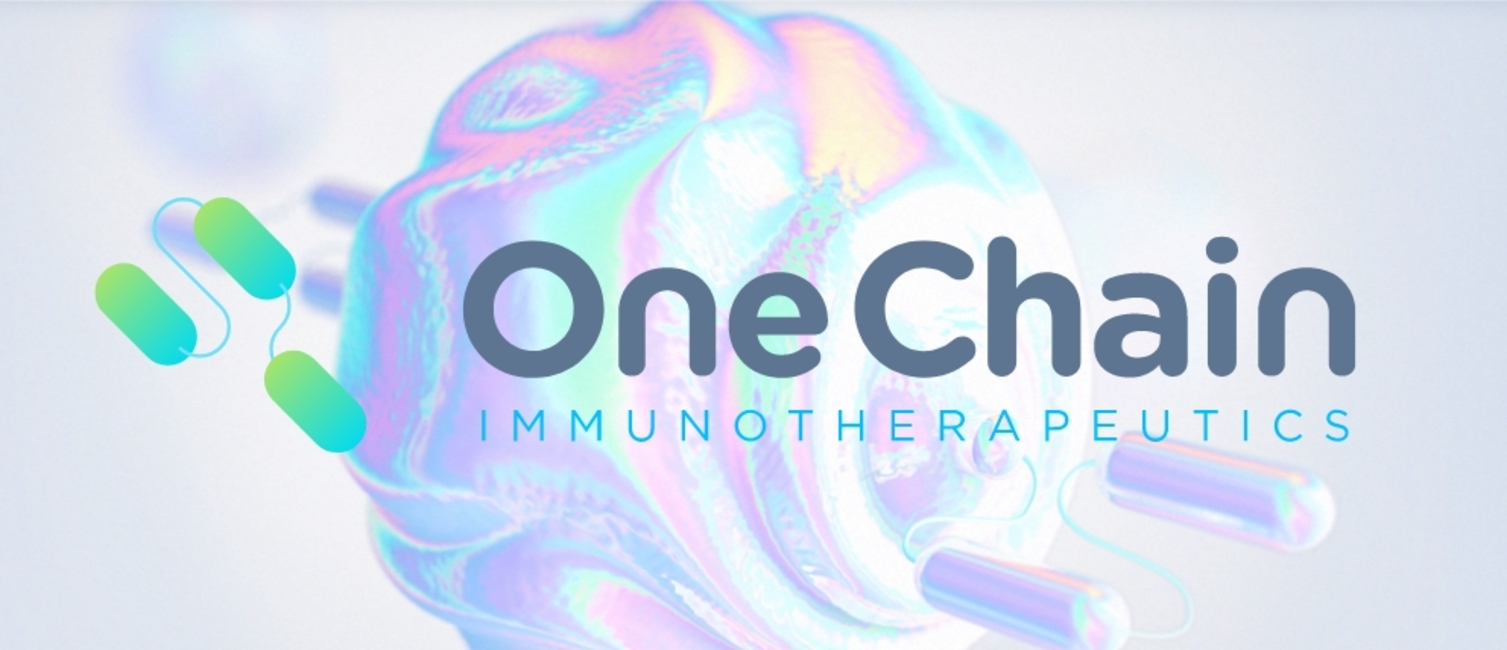The European Commission supports a promising CAR-T therapy against leukemia developed at the Josep Carreras Institute
A consortium led by OneChain Immunotherapeutics, spin-off of the Josep Carreras Leukaemia Research Institute, has received the support of the European Commission to bring an innovative CAR-T therapy to the bedside. The novelty of the treatment lies in the fact that it does not depend on extraction of the patient's own cells, and it simultaneously attacks two cancer cell targets.

An ambitious project led by OneChain Immunotherapeutics (OCI), spin-off of the Josep Carreras Leukaemia Research Institute, a CERCA center of the Generalitat de Catalunya, has received the support of the European Innovation Council (EIC) for the development of a new CAR-T therapy that does not require extraction of the patient's own cells and simultaneously attacks two cancer cell targets. The therapy could treat up to 80% of patients with T-type acute lymphoblastic leukemia (T-ALL), a subtype of leukemia, mainly pediatric, that has few therapeutic options and accounts for 25% of all leukemia cases.
The project, which will last three years, aims to develop this therapy to bring it into clinical practice, and will involve the Josep Carreras Leukaemia Research Institute, the Severo Ochoa Center for Molecular Biology (CBMSO, a joint research institute of the Spanish National Research Council and the Autonomous University of Madrid) and the Portuguese company iBET.
Personalized therapy for more patients
CAR-T therapy consists of extracting the patient's own lymphocytes (autologous), genetically modifying them to recognize and attack tumor cells, and reintroducing them into the body. Although this is an effective strategy that has revolutionized the treatment of many hematological cancers, the manufacturing process is long and costly. Moreover, in many cases, patients' immune systems are impaired, and it is not possible to collect enough lymphocytes for the generation of CAR-T cells.
The therapy to be developed by OCI will use a subtype of T cells, called gamma-delta, which are produced in the laboratory and are allogeneic, meaning they will serve for any patient and eliminate donor dependency. "Our approach is based on the use of a type of T-cell that is not recognized by the patient's immune system as foreign, making it a universal therapy," explains Dr. Victor M. Diaz, OneChain's research director and leader of the project. OCI already has a protocol for generating these cells and will now focus on refining it to scale up this process to an industrial level, a task that will be undertaken by the Portuguese company iBET.
"Generating these T cells in large quantities is going to be a challenge, but these types of therapies are the future," explains Díaz. "Treatments as personalized as CAR-Ts, which only work for one person, are unfeasible in a public healthcare system. On the other hand, if you have a universal therapy applicable to all types of patients, you reduce costs, the process is simpler and you can treat the patient on demand," he adds.
Attacking the same cell from different sites
Another innovative feature of the therapy is that it will simultaneously attack two targets present in cancer cells, making it more effective and broadening its therapeutic spectrum. CAR-T therapy is not yet an established option against T-cell leukemias, such as T-ALL, since tumor T cells and healthy T cells have the same molecules on their surface. Therefore, CAR-Ts targeting T-ALL destroy both types of cells, causing severe immunosuppression in patients.
OCI has already developed a CAR-T directed at the CD1a protein, a safe target which is hardly present in healthy tissues. However, this molecule is present in only 30% of T-ALL patients. "Our laboratory has determined another marker, which will be combined with CD1a to increase the treatment spectrum. We hope to be able to treat up to 80% of patients affected by this disease, preserving their healthy cells," explains Dr. Pablo Menéndez, founder of OCI and director of the Stem Cell Biology, Developmental Leukemia, and Immunotherapy Group at the Josep Carreras Leukaemia Research Institute.
Attainment of his project is the result of a demanding selection process that has evaluated more than 180 proposals. The EIC has selected 34 of them with the aim of fostering transfer of scientific results to society. "EIC Transition projects seek to mature and validate technologies already proven in the lab to develop a business case and bring them to the market," concludes Diaz.